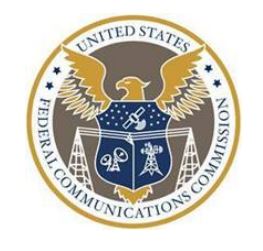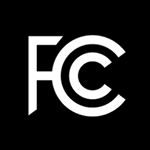In late June, the NAB filed reply comments with the FCC regarding its rulemaking on proposed regulatory fees for Fiscal Year 2020.
In doing so, the biggest lobbying voice in Washington for broadcast media reiterated its call to freeze the fees, putting any halt to an increase in the dollars collected from radio and TV stations — especially given the COVID-19 pandemic.
The eight-page filing from Rick Kaplan, the NAB’s top legal counsel, has failed to sway the Commission.
As first reported by Streamline Publishing’s Radio Ink, the Commission is moving forward with its planned increase for 2020.
The NAB Reply Comments included a rationale that the fee increase did not reflect the number of full-time Media Bureau employees which would be providing services to the industry. The FCC disagreed, stating that the radio industry just doesn’t understand the methodology.
It said in its ruling, “The radio broadcasters’ arguments, however, reflect an incomplete understanding of the methodology that the Commission has used for years. The long-standing methodology for assessing regulatory fees involves multiple factors besides the amount of appropriation to be recovered and the number of direct full-time employees.”
Further, the Commission said the methodology used to calculate the fees includes other benefits to the radio industry, and these are reflected across numerous proceedings the Commission conducted in 2020.
In short, there will be a net increase in the amount broadcasters pay to the FCC. But the Commission admits it made a “computational error” in its unit numbers and has corrected it by increasing the number of units used in their calculation from 9,636 to 9,831.
That will result in a lower fee increase than what was originally proposed. Still, a rate hike has been seen.

SMALLER WINS FOR RADIO
In a Radio Ink interview with Fletcher, Heald & Hildreth attorney Francisco Montero, some smaller wins for radio came in the FCC’s ruling yesterday:
- A simplified filing procedures for financial hardship waivers and requests for deferments.
- A simplified process with no hurdles for installment payment plans.
- Reduction of the interest rate charged for installments plans and elimination of the large downpayment requirement
- Elimination of administrative fees charged for late payments and for installment plans.
- A temporary lift of red lights to allow for filing of waiver requests (which were previously blocked if someone owed money).
NAB RESPONDS TO COMMISSION DECISION
In response to the FCC order setting regulatory fees for Fiscal Year 2020, NAB SVP/Communications Ann Marie Cumming said the organization “believes strongly that the Commission’s methodology for calculating regulatory fees is deeply flawed and would not survive judicial review.”
However, she said, “We very much appreciate Chairman Pai and his staff correcting certain errors in the proposal’s original calculations to result in reduced fees for many radio broadcasters. NAB urges the Commission to convene stakeholders to take a closer look at its approach to regulatory fees to ensure they are fairly and equitably applied for all entities that utilize Commission resources.”
— Additional reporting by Ed Ryan
|
|





